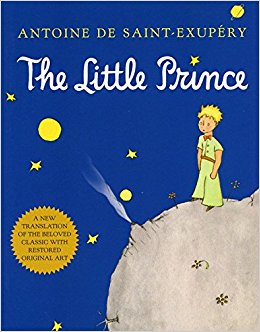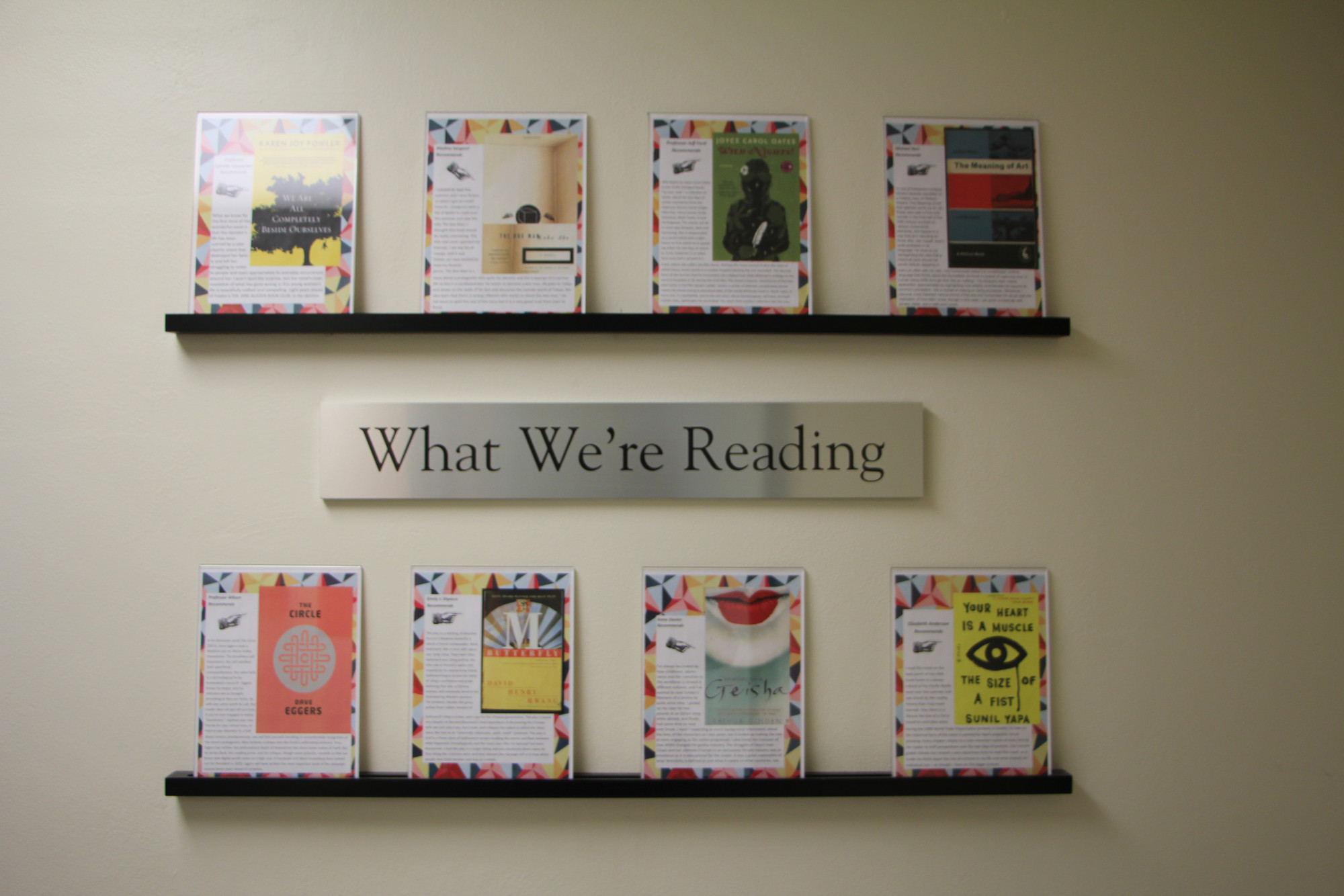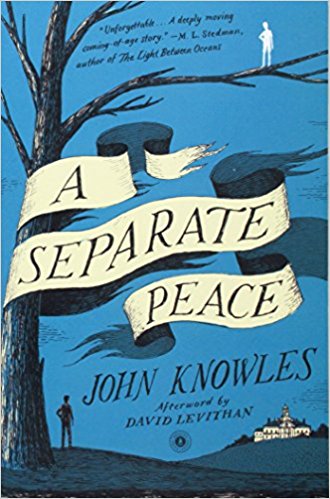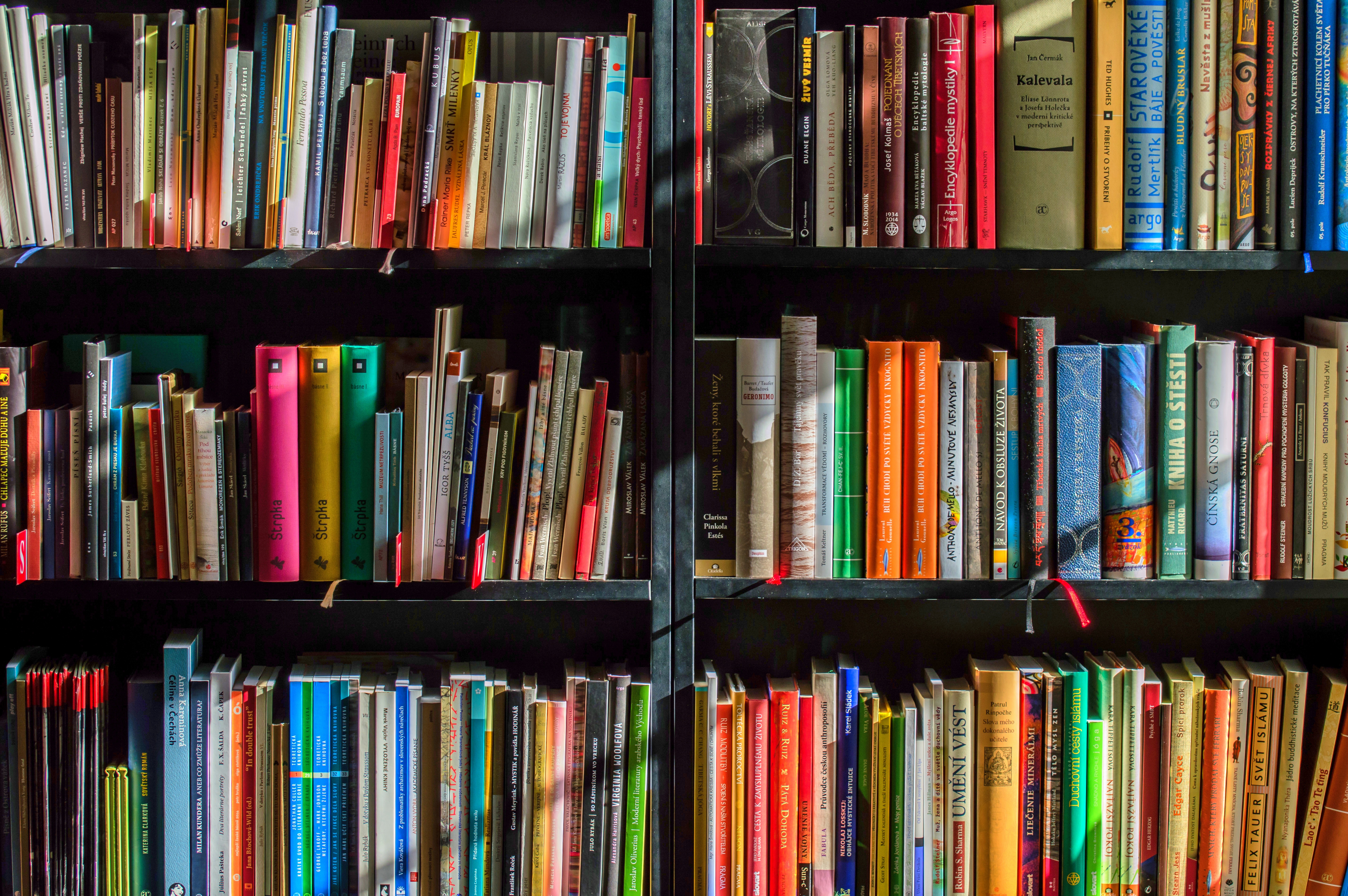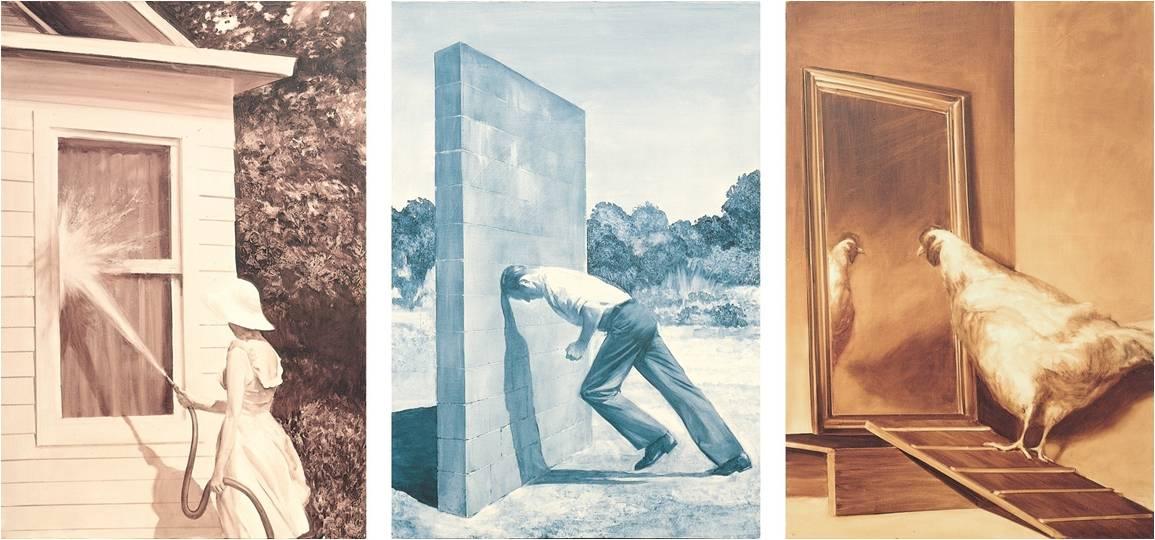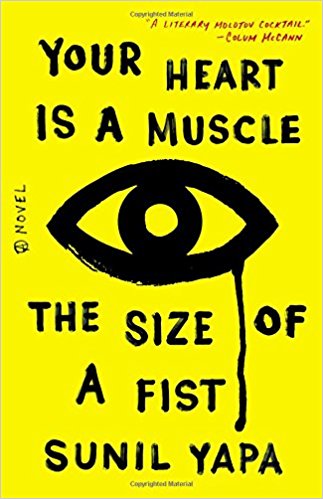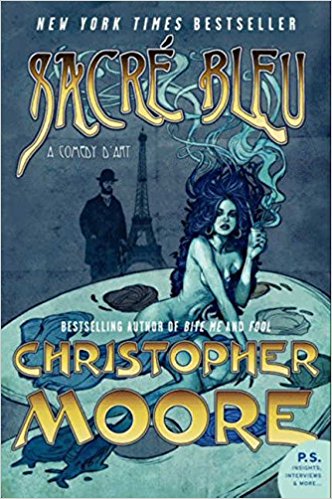“As the end of senior year approaches (…I’m not counting or anything), I was reminded of a book that I have grown up reading called “The Little Prince.” It is a story that can take on many meanings and themes, but one that I feel is fitting for us seniors is to not let go of your childhood, as well as the theme of friendships and how they are one of the most important relationships you can have.…
